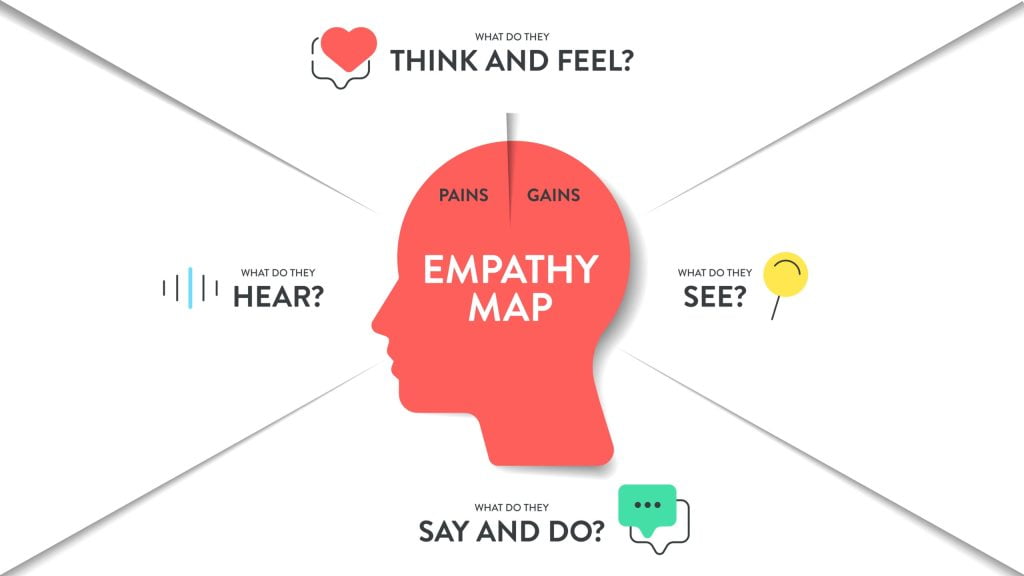Policing in the Metaverse
Table of Contents:
The development of a new reality in the metaverse offers many opportunities for artists, creators, and business representatives alike to showcase their products and services. However, as with the Internet, illegal and immoral behavior can also happen in the metaverse. How can you protect yourself from such situations? Will policing be seen as an important part of the metaverse as it develops? In this article, we aim to answer these questions and more, so read on to find out.
The basics of the metaverse
The metaverse can be defined as a virtual space created by combining virtual reality and physical reality. In the metaverse, users can interact with each other and virtual objects or other environmental elements in real time. Moreover, they can also create and share content, experiences, and data.
Thus, the metaverse represents a new kind of digital space that is not limited by the boundaries of physical reality, and which can be accessed anytime, anywhere. It is often associated with virtual worlds, online gaming, and augmented reality and is often considered the next evolution of the Internet. However, there are more possibilities, as virtually all industries and market sectors can benefit from the metaverse.
Unlock the future with Mazer: Your innovation partner.
What threats await users in the metaverse?
There are several potential risks that users may encounter in the metaverse. Among the most important of these are the following:
- Privacy issues: In the metaverse, user data and activity may be tracked and collected by companies or other entities, raising concerns about possible future misuse.
- Cybersecurity risks: The metaverse is likely to become the target of cyber-attacks, such as hacking and malware, which could put users’ personal and financial data at risk.
- Social risks: The metaverse allows users to interact with people from all over the world. Using avatars makes hiding one’s true identity more accessible, making users more vulnerable to harassment, intimidation, and other unwanted social interactions.
- Addiction: As the metaverse becomes more immersive, users risk becoming addicted to spending time there, leading to adverse effects on their relationships and responsibilities in real life.
- Scams: As with any online platform, it is possible to encounter dishonest people in the metaverse who may try to extort money and personal information from you or sell you fake goods or services.
That is why users need to be aware of all the risks connected with the metaverse and take steps to protect their privacy and data.
The metaverse is not just about threats – the benefits of policing in the metaverse
As we already know, the metaverse refers to a virtual space shared by users worldwide who function in it via avatars. Because it is a digital space, it is subject to the laws and regulations of the Internet. However, it is essential to remember that this is still an evolving concept, so jurisdiction, rights, and governance still need to be fully defined.
In the context of policing in the metaverse, another aspect is also worth mentioning: the opportunities for policy development.
For example, at the INTERPOL General Assembly in New Delhi, the international crimefighting organization presented the first-ever concepts for policing the metaverse. This allowed users to learn more about how INTERPOL operates, receive training, and tour their headquarters.
“For many, the metaverse seems to herald an abstract future, but the issues it raises are those that have always motivated INTERPOL – supporting our member countries to fight crime and making the world, virtual or not, safer for those who inhabit it.” – explained Jürgen Stock, INTERPOL Secretary General.
Will the metaverse learn the lessons of past cybercrimes?
The metaverse world will likely be secured with measures to prevent or reduce cybercrime based on lessons learned from previous incidents. However, as with any new technology, it is difficult to predict all the potential vulnerabilities cybercriminals can exploit. In addition, the metaverse is expected to continue to evolve, so new security challenges may arise as this process unfolds. Therefore, metaverse creators and users must constantly monitor and address cybercrime issues. This way, policing activities in the metaverse will be effective and ensure the maximum positive experience for users of this new virtual world.
Every innovation brings both challenges and benefits. We will soon see how the metaverse functions as its popularity grows and which of these aspects are favored within the virtual space. It is up to us to use its potential in accordance with the law to make it a safe place for all.
Read also: Metaverse Scams And How To Avoid Them
What is the metaverse?
The metaverse is a virtual space created by combining virtual and physical reality. It allows users to interact with each other and virtual objects or other environmental elements in real-time. Users can also create and share content, experiences, and data, making it a new kind of digital space that is not limited by the boundaries of physical reality.
What are the potential risks associated with the metaverse?
Some potential risks associated with the metaverse include privacy issues, cybersecurity risks, social risks, addiction, and scams. Users should be aware of these risks and take steps to protect their privacy and data.
Will policing be seen as an important part of the metaverse as it develops?
Yes, policing is likely to be an important part of the metaverse as it develops. Organizations such as INTERPOL have already presented concepts for policing the metaverse, and users need to be aware of the risks associated with the metaverse and take steps to protect themselves.
How can users protect themselves from threats in the metaverse?
Users can protect themselves from threats in the metaverse by taking steps such as being aware of the risks, protecting their privacy and data, using strong passwords and two-factor authentication, avoiding suspicious links, and reporting suspicious behavior to the appropriate authorities.
Will the metaverse learn from past cybercrimes to prevent future incidents?
Yes, the metaverse is expected to learn from past cybercrimes to prevent future incidents. However, since the metaverse is still evolving, new security challenges may arise, making it important for creators and users to monitor and address cybercrime issues to ensure effective policing activities.
Unlock the future with Mazer: Your innovation partner.
Author: Rafał Siejca
Rafal has over twenty years of corporate experience, including roles at Millennium Bank, Comarch, and leading software teams at PZU, one of Europe’s largest insurance companies.As one of Poland’s few true VR experts with a decade of experience, he ensures timely, high-quality project delivery as CEO and CTO.







